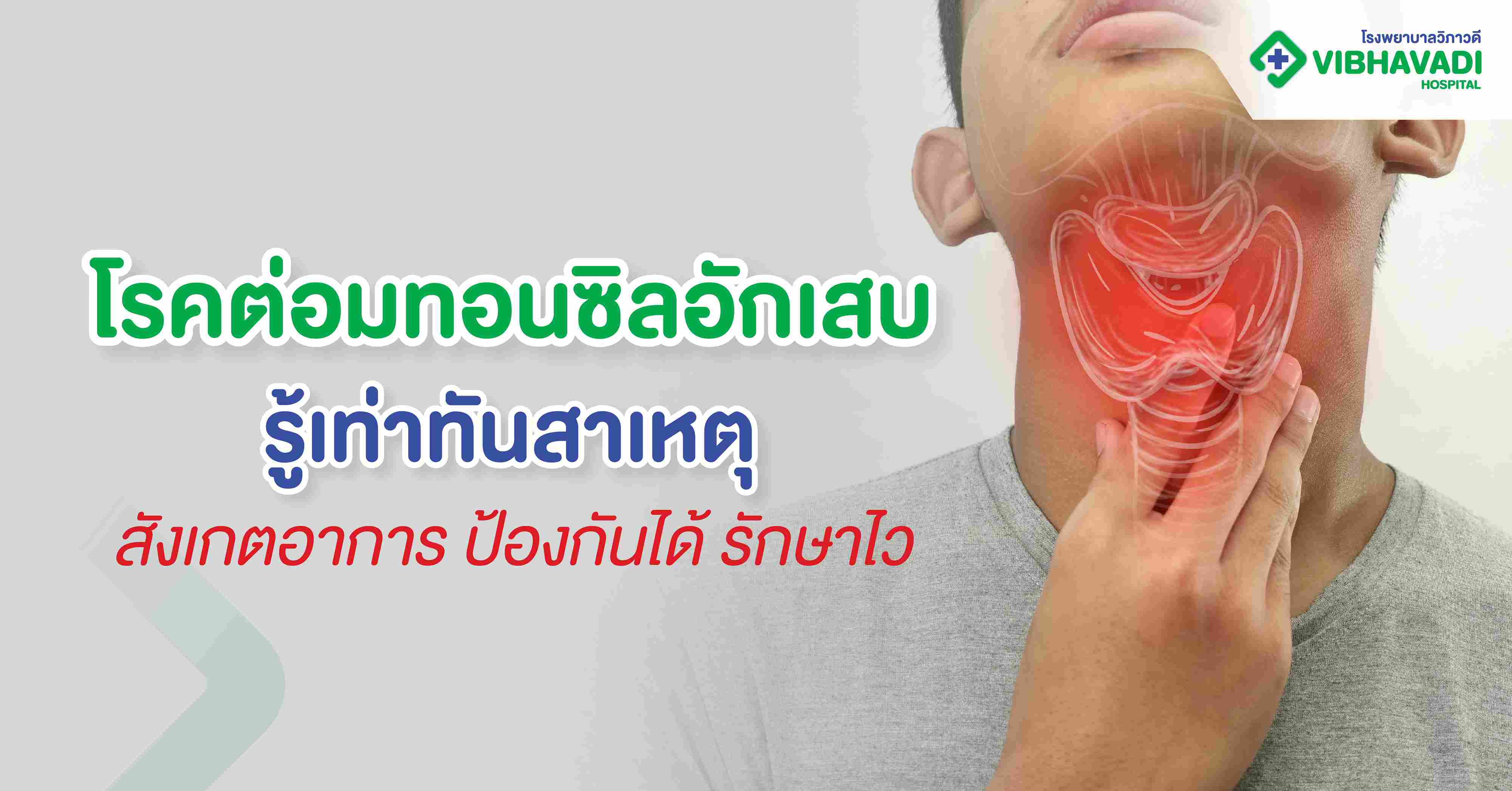Tonsillitis

Understanding Tonsillitis
Tonsillitis refers to the inflammation of the tonsils, which are two oval-shaped lymphoid tissues located at the back of the throat. This condition is most commonly caused by viral or bacterial infections and is prevalent among children but can also affect adults.
Tonsils play a role in the immune system by helping to trap and filter out bacteria and viruses entering through the mouth or nose. When infected, they can become swollen, red, and painful.
Common Types of Tonsillitis
-
Acute Tonsillitis: Sudden onset and short duration
-
Chronic Tonsillitis: Persistent or frequently recurring inflammation
-
Recurrent Tonsillitis: Multiple episodes within a year
Causes and Risk Factors
Tonsillitis is typically caused by:
-
Viruses such as adenovirus, influenza virus, Epstein-Barr virus (mononucleosis)
-
Bacteria, most commonly group A Streptococcus (strep throat)
-
Weakened immune system
-
Close contact with infected individuals, especially in schools or daycare centers
Children between ages 5–15 are most susceptible due to higher exposure to infections and an immature immune response.
Symptoms of Tonsillitis
Signs and symptoms may vary depending on the cause but typically include:
-
Sore throat
-
Difficulty swallowing
-
Red and swollen tonsils, sometimes with white or yellow patches
-
Fever and chills
-
Swollen lymph nodes in the neck
-
Bad breath
-
Hoarse or muffled voice
-
Headache and fatigue
In younger children, irritability, drooling, or refusal to eat may be the only signs.
Diagnosis and Treatment at Vibhavadi Hospital
At Vibhavadi Hospital, our Ear, Nose & Throat (ENT) specialists are equipped with modern diagnostic tools and offer individualized treatment plans based on the severity and cause of tonsillitis.
Diagnostic Services
-
Physical examination of the throat and neck
-
Rapid strep test or throat culture to detect bacterial infections
-
Blood tests if needed to check for viral causes such as mononucleosis
Visit our ENT Center for complete diagnostics and consultation.
Treatment Options
1. Medical Treatment
-
Antibiotics for bacterial infections (such as penicillin or amoxicillin)
-
Pain relievers like ibuprofen or acetaminophen
-
Antiviral care for viral infections (mostly supportive treatment)
-
Hydration, rest, and throat-soothing remedies (e.g., lozenges, saltwater gargle)
2. Surgical Treatment (Tonsillectomy)
A tonsillectomy may be recommended if:
-
Recurrent or chronic tonsillitis occurs
-
Tonsillitis interferes with breathing, especially during sleep (sleep apnea)
-
Abscess (peritonsillar abscess) develops
-
Antibiotic treatments repeatedly fail
Our experienced ENT surgeons at Vibhavadi Hospital offer minimally invasive tonsillectomy with quick recovery and minimal pain.
Why Choose Vibhavadi Hospital?
-
Board-certified ENT specialists with years of clinical experience
-
State-of-the-art diagnostic and surgical facilities
-
Patient-centered care focusing on both children and adults
-
Seamless coordination with pediatricians for child patients
-
Clear communication, follow-up care, and support
Our hospital also offers access to pediatric care for young patients with related infections.
Frequently Asked Questions (FAQ)
Q: Is tonsillitis contagious?
A: Yes. Tonsillitis caused by viruses or bacteria can spread through coughing, sneezing, or close contact with infected individuals.
Q: When should I see a doctor for tonsillitis?
A: You should consult a doctor if you have a sore throat lasting more than 2 days, difficulty breathing or swallowing, fever, or recurrent episodes.
Q: Can tonsillitis go away on its own?
A: Mild viral tonsillitis may resolve without antibiotics, but bacterial cases need medical treatment.
Q: How long does recovery take after a tonsillectomy?
A: Recovery usually takes 7–10 days. Patients should follow post-operative care instructions strictly.
Q: Is a tonsillectomy painful?
A: Some throat pain and discomfort are common, but pain is manageable with medication and supportive care.
Testimonials
Proud to take care of you
















